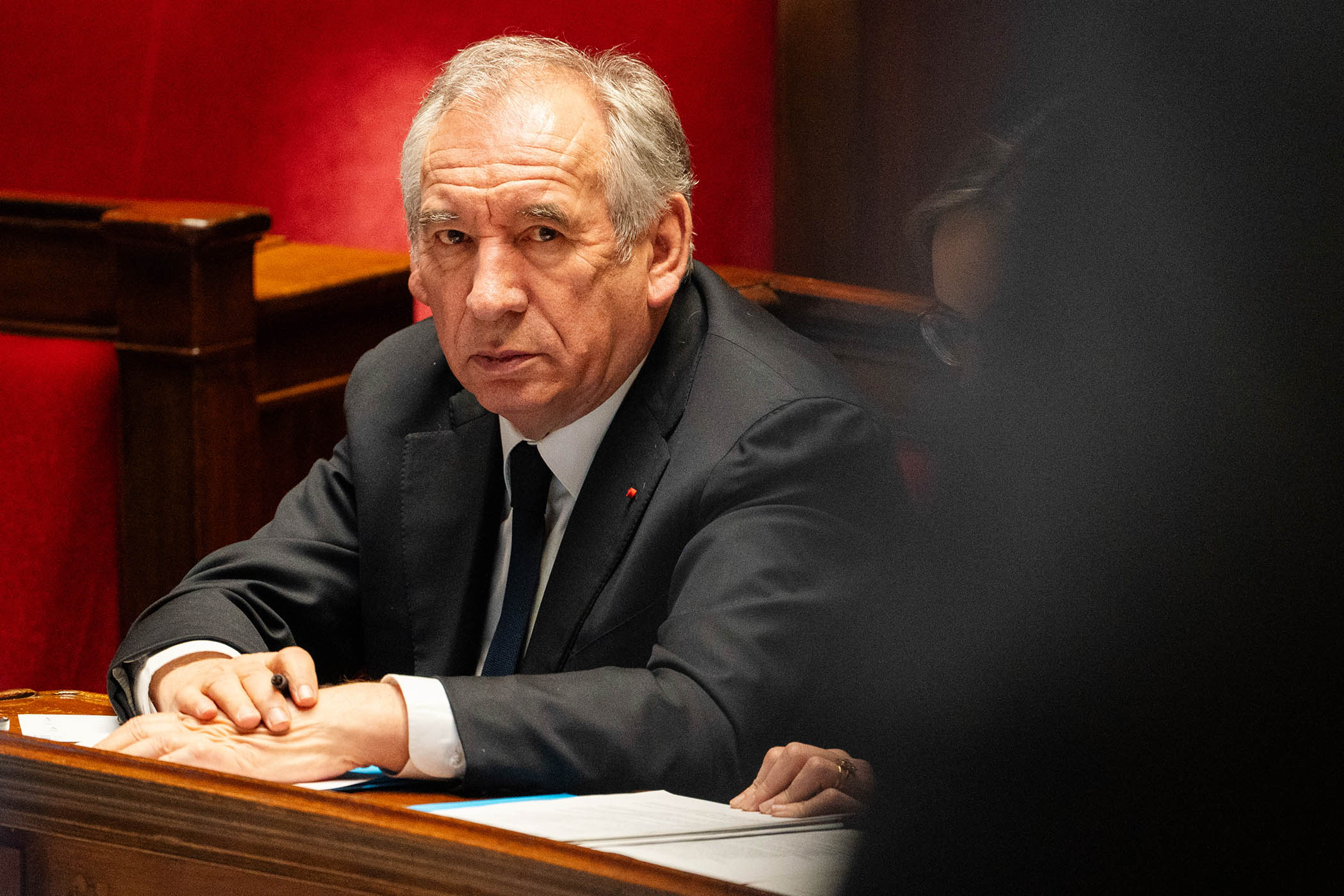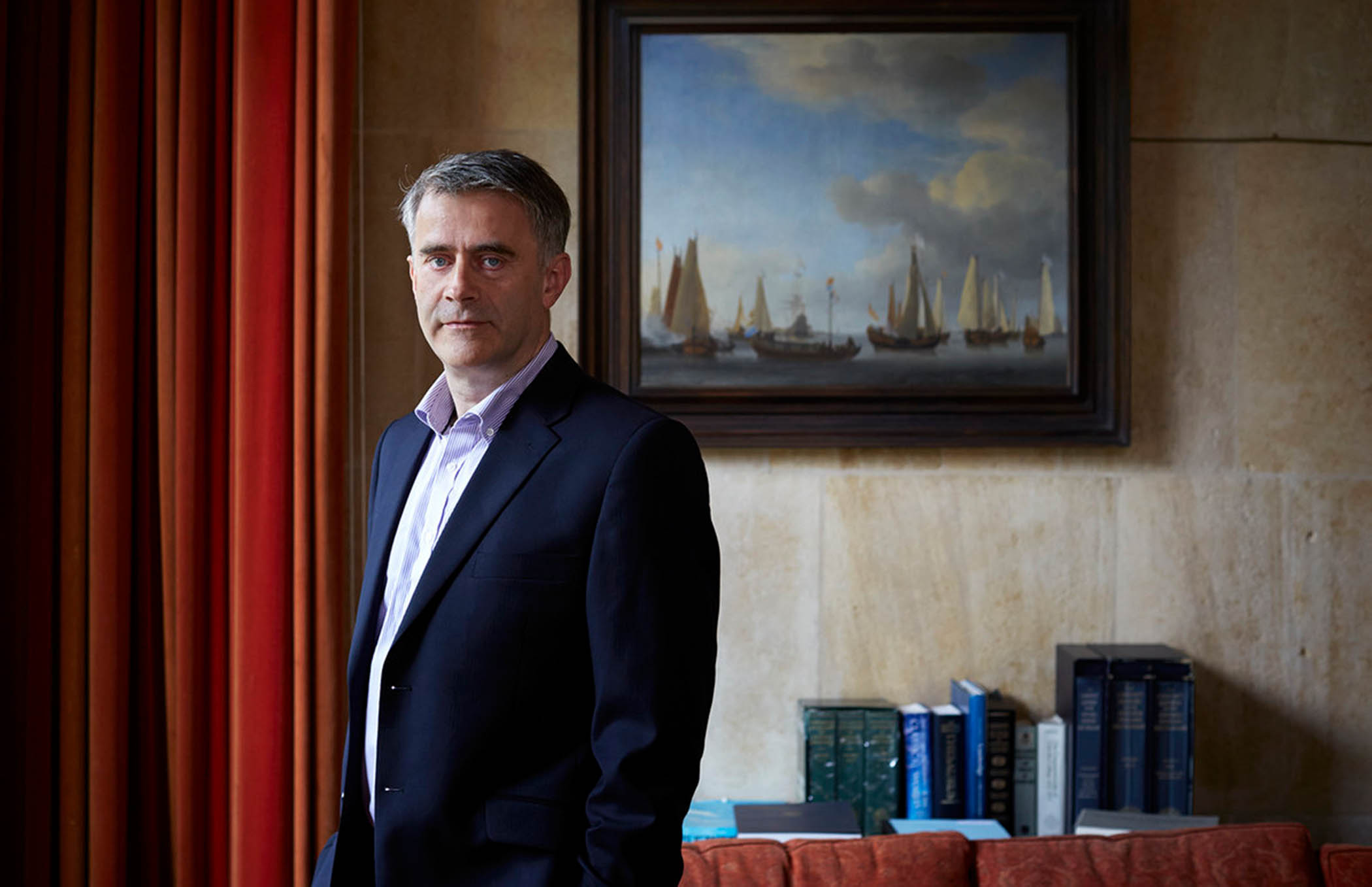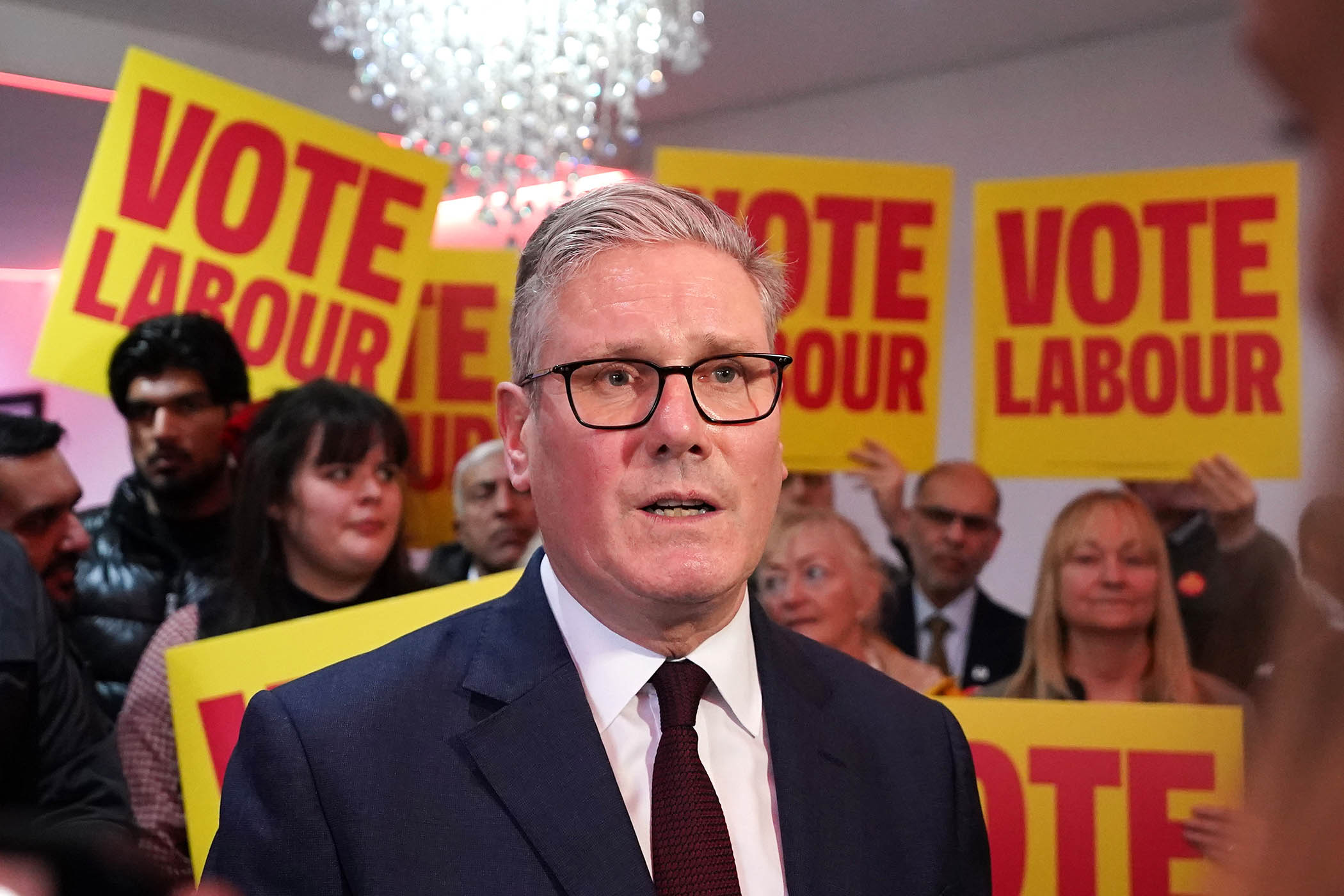France’s prime minister François Bayrou is in the process of committing political hara-kiri in calling for a vote of confidence he is almost certain to lose.
So what? This would put France in political limbo for the second time in a year. MPs from across the spectrum say they will vote against him on 8 September. A driving political and economic force in Europe could then be without a fully functioning government or a budget for 2026. If the government falls, Emmanuel Macron will have to
•
appoint a new prime minister who faces the same problems;
•
dissolve parliament and call a general election likely to result in a deadlock no different from the one created last year; or
•
become the first president to resign in more than half a century.
How we got here. Macron, on his sixth PM since taking office in 2017, gambled on a snap general election last year to consolidate his authority after his centre-right coalition performed disastrously in European elections. The move backfired, leaving no party with a majority in the National Assembly and creating deadlock.
Here we go again. The budget, which is the underlying cause of Bayrou’s self-inflicted crisis, brought down his predecessor Michel Barnier a year ago.
Crunch. Bayrou produced a 2026 budget to address France’s rocketing public deficit and debt with €44 billion of cuts to public spending, including freezes on pensions and benefits. But his suggestion that the French give up two bank holidays sparked the most outrage and ridicule.
Desperation. Bayrou has backtracked slightly on the bank holiday idea and suggested he could increase taxes on the wealthy in an appeal to the Socialist Party. This has been to no avail. The veteran politician now seems determined to go out in a blaze of martyrdom, warning MPs they must decide “whether they are on the side of chaos or responsibility”.
Likely scenario. The country is gearing itself up for a tumultuous three days, which could go as follows.
8 September: MPs throw out Bayrou and his government
9 September: France has a caretaker government and no 2026 budget
10 September: anti-government campaigners carry out a “Bloquons tout” (Block Everything) national day of inaction. Macron appoints a new PM
Newsletters
Choose the newsletters you want to receive
View more
For information about how The Observer protects your data, read our Privacy Policy
In the running. The armed forces minister Sébastien Lecornu is favourite for the post, but would face the same conundrum as Bayrou and Barnier: how to persuade the French that the country needs to spend less.
Alternative scenario. Macron calls a snap election, which polls indicate is the preference of a majority of voters. The far-right National Rally party also wants this in the hope of governing.
But expect a repeat. In last year’s legislative vote, National Rally made unprecedented gains but was stymied in the second round by an improvised alliance of left-wing parties. A new general election would be likely to deliver a similar result.
Domestic consequences. The economy minister Eric Lombard has warned that if France did not get a grip on its debt, the country might be forced to seek a bailout from the IMF.
Hold on. After the French stock market fell, Lombard backtracked and insisted France was not “threatened with any intervention by the IMF or the European Central Bank or any other international organisation”.
By the numbers:
•
€3.3 trillion – France’s public debt
•
€44 billion – savings sought by Bayrou in 2026
•
5.4 per cent of GDP – estimated budget deficit for 2025, well above the EU’s 3 per cent limit
•
289 – number of MPs, out of 577, needed to defeat a confidence vote or a simple majority of those voting on the day
Eyes on the prize. All political manoeuvres and machinations in France should be viewed as jostling for advantage in the 2027 presidential election. Macron cannot stand for a third term so the field is open.
Timing. Marine Le Pen was a contender but has been barred from political office for five years after her conviction in a European parliament fake jobs scam. She has appealed against the ban and will learn the date for her trial on… 8 September.
Last word… On Wednesday Bayrou said he hoped to convince MPs of the “gravity of the situation” and that 12 days was a long time in politics. It may not be long enough.



